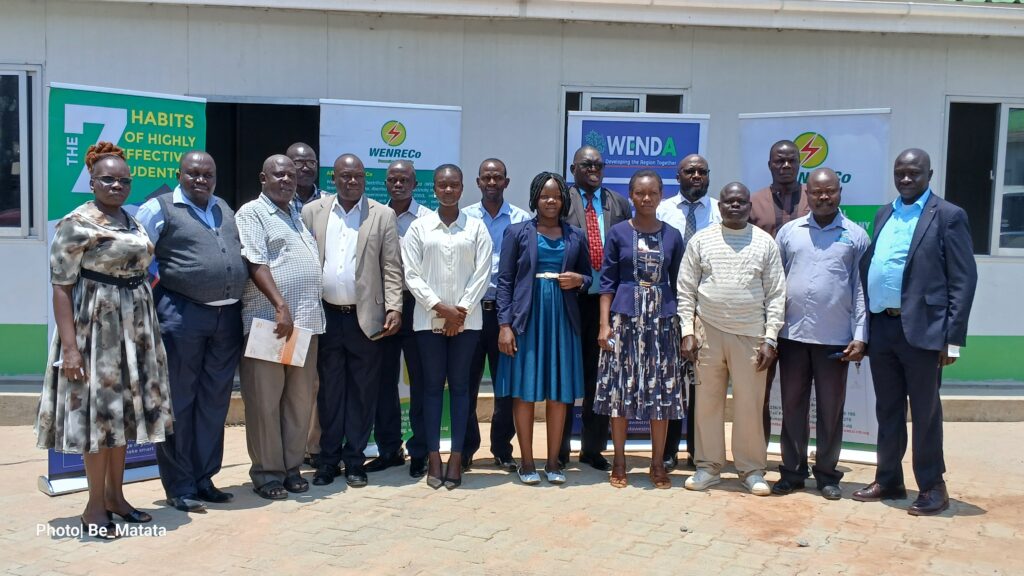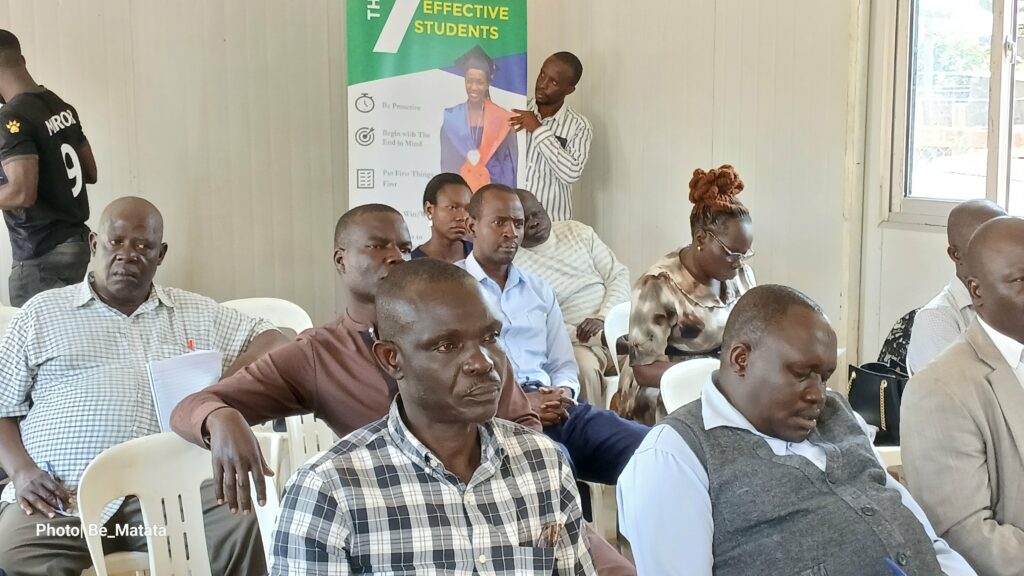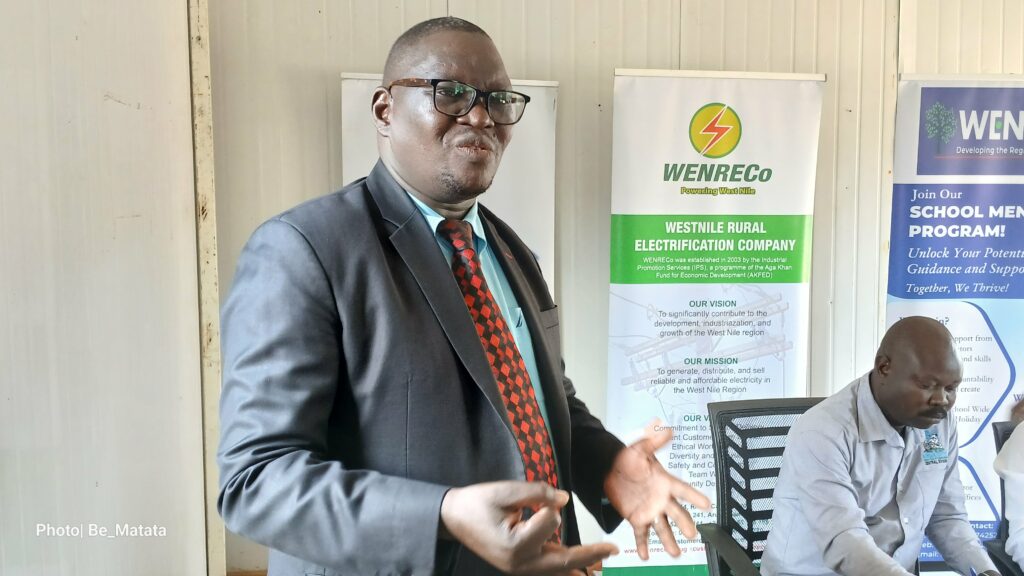West Nile Stakeholders Attribute High School Failure Rates to Student Frustration and Attitudes

Group Photo of WENDA, WENRECO and stakeholders after the strategy meeting today
ARUA: Stakeholders in the West Nile region have identified rising frustration and negative attitudes among students as key contributors to the region’s persistent poor academic performance in both primary and secondary schools.
They attribute these issues to factors such as inadequate parenting, lack of discipline, insufficient teacher mentorship, and limited guidance at home, which often lead to unruly behavior, property damage, and academic failure.
According to a report from the Arua City Education Office, only 36% of students complete O-Level, with 64% failing to finish the cycle.
These concerns were raised during a stakeholder meeting on Friday, August 29, 2025.
The meeting was organized by the West Nile Development Association (WENDA) in collaboration with West Nile Rural Electrification Company (WENRECO) in Arua City to discuss the School Monitoring Program.
Kenneth Kigumba, the WENRECO’s General Manager, noted that West Nile schools once produced disciplined students who excelled and gained admission to top universities in Uganda and abroad.
However, he lamented the current trend of poor performance, with many students turning to vocational institutions.
“Frustrated students often redirect their energies destructively, damaging school property like windows and desks,” Kigumba said. “Punishments without addressing the root causes are ineffective. Our program aims to guide students to channel their frustrations constructively.”

Teachers echoed these concerns and called for solutions. Oneti Gordon Olea, the Deputy Head Teacher of Mvara SS Day Wing, highlighted the scale of the issue: “Many students are frustrated. For example, a school may enroll 1,000 Senior One students, yet fewer than 1,000 pass primary level. These struggling students require significant intervention.”
Similarly, Ija Denis, the Careers Teacher at Muni Girls SS, pointed to a lack of parental guidance as a major factor. “We found that 84% of our girls do not live with their biological parents and often manage their households alone,” Denis explained.
“This leads to behaviors like forging excuses to leave school. To address this, we introduced a ‘forced academic parenting’ program, assigning students to mentors to provide guidance.”
Moses Akuma Odims, the WENDA’s Executive Director, explained that the School Monitoring Program targets these challenges by piloting interventions in schools with high rates of indiscipline.

“Key issues include high dropout rates, poor progression between academic levels, lack of motivation, and behavioral challenges,” Odims said.
He added that: “Our secondary school transformation agenda focuses on three pillars: supporting students, empowering teachers, and engaging parents and communities.”
The pilot program currently includes seven secondary schools in the region: St. Joseph’s College Ombaci, Mvara SS, Muni Girls SS, St. Mary’s Ediofe Girls, St. Charles Lwanga College Koboko, St. Aloysius Nyapea, and Kochi SS.